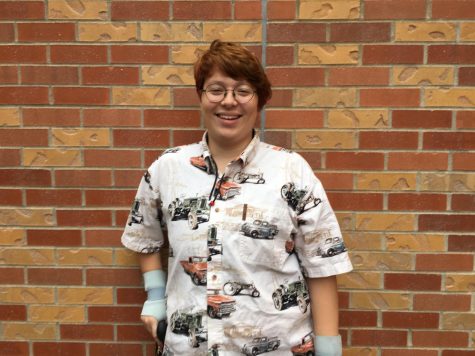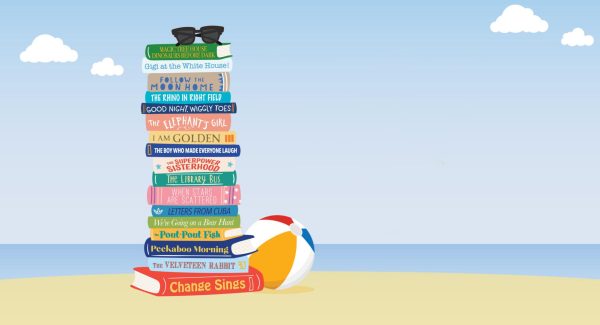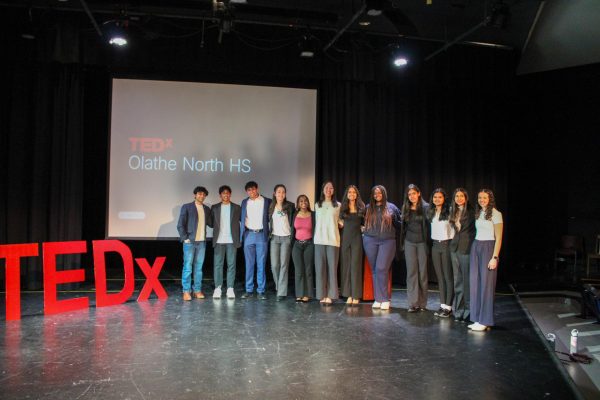Common Misconceptions
Read along to uncover the truth about some of the worlds most common misconceptions!
According to the Law, Tomatoes Aren’t Fruit
The Nix v. Hedden ruling in 1893 ruled that tomatoes are a vegetable, not a fruit. After a tariff was passed taxing all imported vegetables, but not fruits, the Nix & Co. Fruit Commision pointed out that in the botanical sense of the term, a tomato is a fruit. Edward L. Hedden, a federal officer who was in charge of the collection of import duties on foreign goods arriving in New York, understood is to be a vegetable. After a year, the supreme court ruled that “Tomatoes are “vegetables” and not “fruit” within the meaning of the Tariff Act of 1883 based on the common meaning of those words”.
You Won’t Get Arthritis From Cracking Knuckles
Knuckle cracking is actually just bubbles popping in the synovial fluid. Synovial fluid helps to lubricate your joints. Even though cracking doesn’t cause arthritis, it is a direct cause of reduced grip strength! The bubbles popping is caused by the negative force of pulling or stretching on your fingers. Knuckle cracking feels good because it stimulates the nerve endings found there.
We Use All of Our Brain
This myth stemmed from late 19th century American psychologist William James. James stated that the average person only achieved a fraction of their potential, and this got misconstrued into “10 percent of our brain”. Early researchers often stated that they did not know what 90% of the brain did, leading others to believe that it didn’t serve a purpose. In reality, humans use every part of their brain, each having a role in the neurological system.
Glass: Solid or Liquid?
It is an amorphous solid—a state somewhere between being a liquid and a solid. It is a dis-organized solid, because the molecules don’t have structure but are still solid for all intents and purposes. Over long periods of time, the molecules making up the glass shift them-selves to settle into a more stable, crystal-like formation. According to phys.org, glass is “a non-equilibrium, non-crystalline state of matter that appears solid on a short timescale but continuously relaxes toward the liquid state.”
Our Current Bananas Aren’t the Same as Our Past Bananas
We aren’t actually eating the bananas we ate 60 years ago! In the 1960s, an incredibly inva-sive fungus wiped out virtually all plantations that grew the Gros Michel variety of bananas. The Gros Michel banana was had a “more robust taste” according to Dan Koeppel, author of Banana: The Fate of the Fruit That Changed the World. We now eat the less flavorful, less nutritious Cavendish banana because of its ability to resist the “Panama disease.”

Number of years on the paper: This is Sam's second year on the paper.
Grade Level: 11th, Junior
Favorite part of Newspaper: "being published in...

Number of years on the paper: This is Mile's second year on the paper
Grade Level: 12th grade, Senior
Favorite part of Newspaper: "I like seeing...





